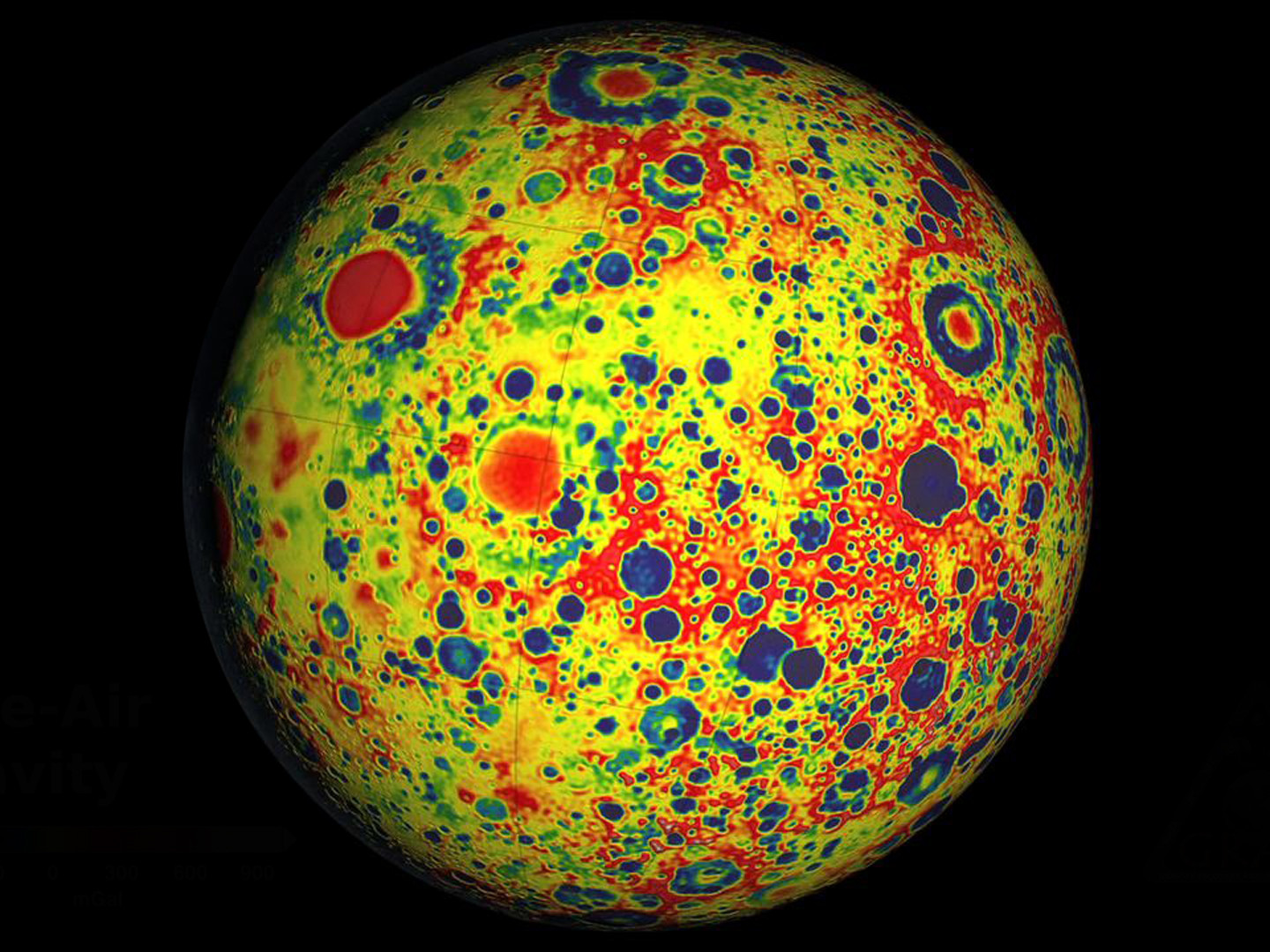If you drop an egg then it looks as though the process is irreversible and that the information about the original state of the egg is lost. However this isn't the case. The equations describing how the egg shatters are all time reversible so in principle, if not in practice, we could take the shattered egg and evolve time backwards to reconstruct it.
Likewise, when your dead brain decays all the processes involved are in principle time reversible. We could measure the state of your decomposed corpse and evolve time backwards to calculate the configuration of your brain (and therefore presumably the information it in) just before your death.
In both these cases information is not lost, it is just dispersed into the environment. For all practical purposes the information is lost, since there is no realistic way of recovering it, but in principle the information is still out there.
The problem Hawking described is quite different. Hawking's claim was that if we measure the radiation from an evaporating black hole then even in principle there is no way to evolve time backwards to discover the configuration of matter before it fell through the event horizon. In this case information is genuinely lost - even some hypothetical physicist with god like powers could never recover it.
As far as I know there is still no consensus about the resolution of the problem.

